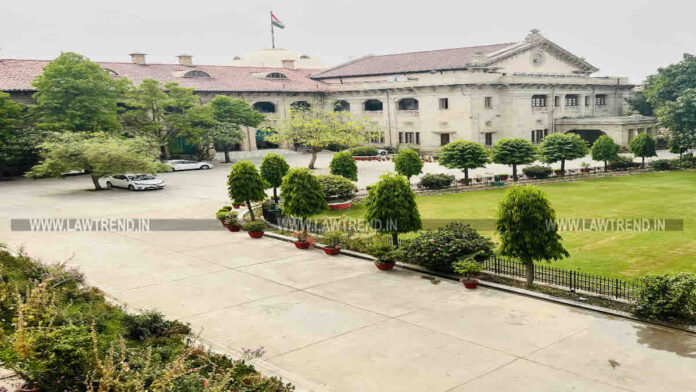The Allahabad High Court recently quashed criminal proceedings initiated under the Prevention of Damage to Public Property Act, 1984, holding that a Village Development Officer/Village Secretary is not a “revenue authority” and is therefore not competent to initiate such action. The ruling came from a single-judge bench of Justice Saurabh Srivastava, who set aside a
To Read More Please Subscribe to VIP Membership for Unlimited Access to All the Articles, Download Available Copies of Judgments/Order, Acess to Central/State Bare Acts, Advertisement Free Content, Access to More than 4000 Legal Drafts( Readymade Editable Formats of Suits, Petitions, Writs, Legal Notices, Divorce Petitions, 138 Notices, Bail Applications etc.) in Hindi and English.




